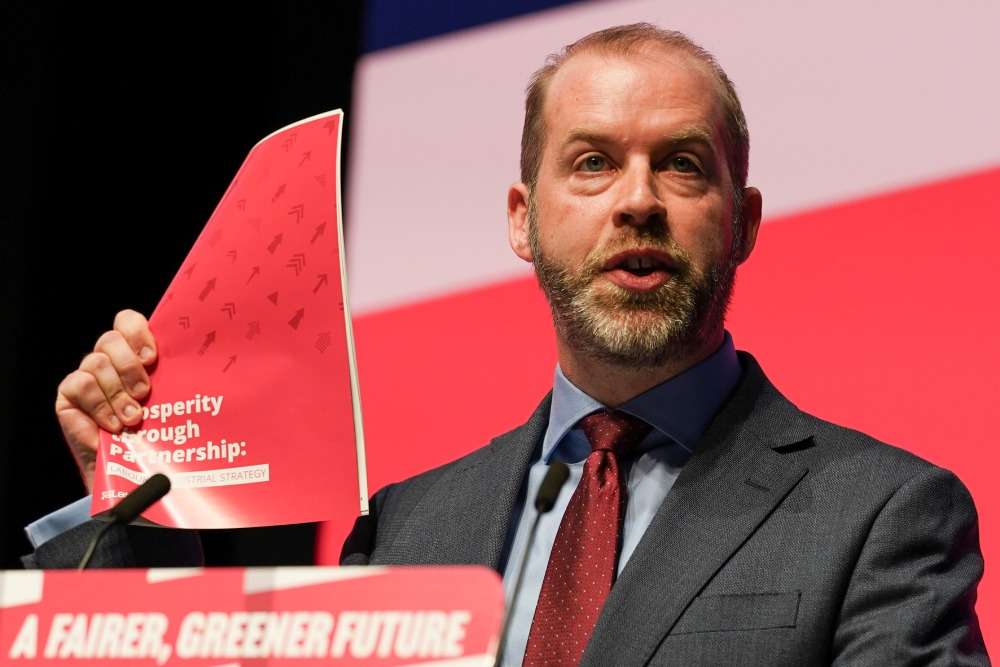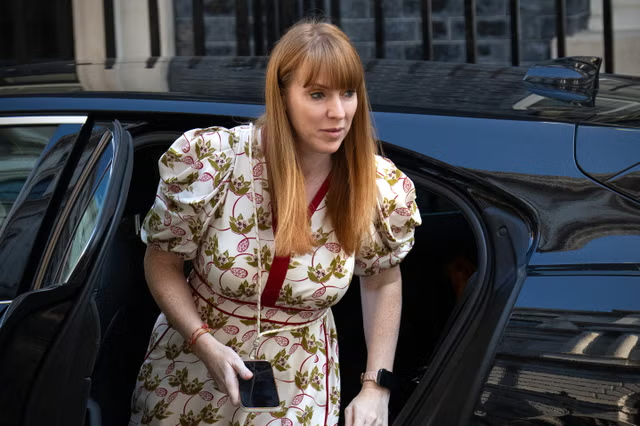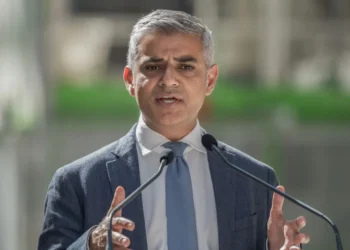Trade union leaders are gearing up for critical negotiations with senior ministers on Saturday, September 21 as tensions simmer over the government’s upcoming workers’ rights proposals.
With just weeks before the Labour government unveils its long-promised package, the stakes are high, and both sides are working to avoid a public fallout at the upcoming Labour conference.
Deputy Prime Minister Angela Rayner and Business Secretary Jonathan Reynolds are set to meet with the general secretaries of the 11 unions affiliated with Labour.
The talks, which will take place on the eve of the party’s annual conference, are seen as pivotal in hammering out a final agreement that will satisfy both ministers and unions.
Sources close to the discussions indicate that while there are still unresolved issues, the government is keen to present a united front.
Disputes Over Zero-Hours Contracts
One of the central points of contention is the issue of zero-hours contracts. Labour’s plan to give workers more security includes ending exploitative practices related to these contracts, but unions argue that the language leaves too much ambiguity.
While ministers have agreed that workers can choose a zero-hours contract if they prefer, some union leaders remain concerned that companies could exploit loopholes. “How do you define ‘exploitative’?” one union source questioned, warning that businesses could claim their contracts fall outside the definition.
There are also ongoing discussions about whether companies should be allowed to impose probationary periods before workers receive full employment rights.
Some unions argue against any probationary period, fearing it would undermine their collective bargaining power. Rayner, however, has pushed for a compromise, proposing a three-month probationary period.
This stands in contrast to Reynolds and the Treasury, who initially favored a longer period of up to a year. The latest proposal of a six-month probationary period is reportedly the compromise position, but some unions still find this unacceptable. “That is a line in the sand for us,” said one union official.

Despite these points of disagreement, ministers are optimistic about reaching a resolution. One person familiar with the agenda noted that while there are still “a number of points of departure,” there is hope that a final agreement will emerge from the talks.
The phrase “peace in our time” has been circulating among ministers as they aim to avoid a high-profile conflict with their union backers so early in their administration.
Rayner has been vocal about the importance of delivering on Labour’s promises of stronger workers’ rights. Among the proposed measures are restrictions on companies firing and rehiring employees under worse conditions — a practice that unions have fought against for years.
However, some union leaders are concerned that the government may compromise too much on this point, especially in cases where companies claim they need to cut pay to avoid bankruptcy.
Proposals Still On Track Despite Concerns
While Whitehall insiders acknowledge the sticking points, they express confidence that these can be ironed out before the proposals are officially published.
The Labour government has committed to presenting the workers’ rights package within the first 100 days of taking office, meaning there is limited time to finalize the details.
Both sides are eager to avoid the perception that Labour is backtracking on its promises under pressure from employers or the Treasury.
The upcoming meeting follows a similar round of discussions held in May, where unions successfully pushed back against attempts to soften some of the original proposals.
However, despite those victories, the same areas of disagreement remain, suggesting that Saturday’s talks will be crucial in determining the final shape of the government’s workers’ rights legislation.
As Labour prepares to unveil its plan, both ministers and union leaders are aware that any missteps could lead to a damaging rift, not just at the Labour conference, but in the months ahead as the government seeks to solidify its position.
READ ALSO: The Bad Influence of Dancehall Music: Encouraging Hooliganism





















